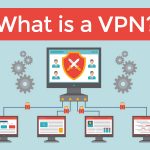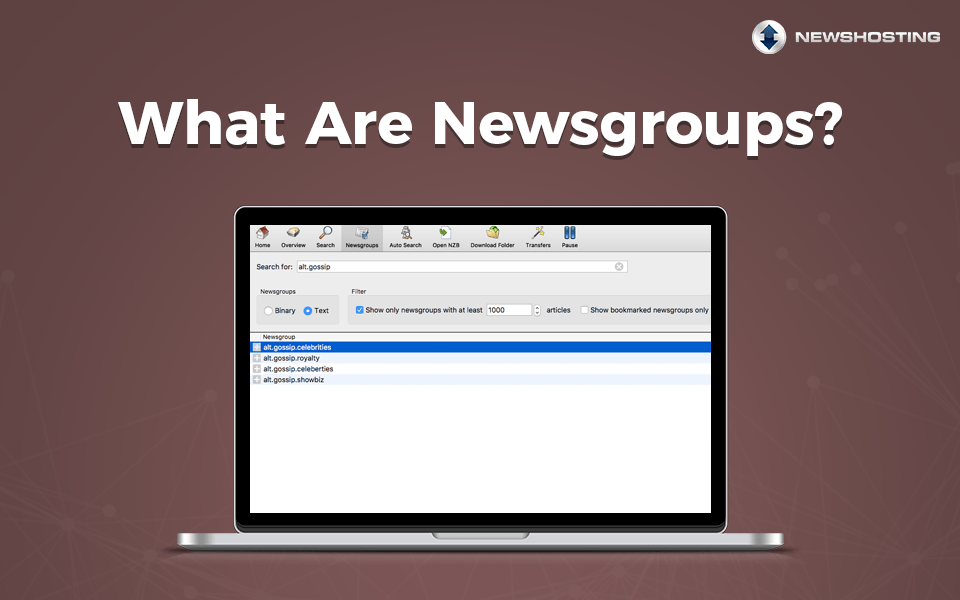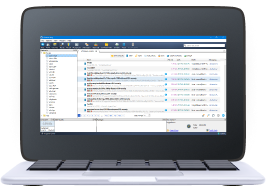“Censorship” has meant a lot of things over the years. It has been everything from an existential threat to a buzzword signifying nothing. But it’s a topic that is meaningful to the lives of billions of people worldwide. An uncensored Internet is crucial to the functioning of a modern, free society, which is why so many authoritarians immediately shut it down when they get power.
Fortunately, there is a place that remains uncensored: Usenet.
A Brief Look at Internet Censorship
In a way, you could almost trace the origins of Internet restrictions on the passage of the US Foreign Intelligence Surveillance Act in 1978. FISA didn’t actually provide for content blocking, but it did give the US government sweeping electronic surveillance powers. The Internet was first introduced to the public in 1991 and, by 1995, a flood of laws designed to censor content were passed, most famously the Communications Decency Act. The CDA would be struck down by the Supreme Court two years later in Reno v. American Civil Liberties Union. Unfortunately, this was only one of many bills, several named something about protecting children.
Legislatively, the biggest recent examples have been the passage of FOSTA and SESTA. These bills had good intentions in shifting the responsibility to platforms. Instead of legislatively censoring individuals, these bills were designed to pressure platforms into doing it to avoid legal repercussions.
Of course, Internet censorship is hardly a US-only problem, nor one of the past. One of the first things the new government did after the Myanmar coup was restrict online access. Just last week, the Russian government banned the use of VyprVPN and Opera VPN for not connecting their service to a national list of blocked content. Of course there’s the Great Firewall of China. We could go on.
But governments aren’t the only culprits. The companies that run online platforms have every right to censor anything they want, and frequently do. There are too many examples to go into, but the most amusing recent one has been from My Pillow founder Mike Lindell when he launched his own social media site: Frank. Despite selling it as a free speech alternative to Twitter and Facebook, he also says that users won’t be able to use certain curse words or take “God’s name in vain.”
Why Usenet Isn’t Blocked
Usenet has been around for decades, preceding the public Internet and the World Wide Web. Originally, it was designed as a way to communicate relevant news to local college campuses. That it grew as far and as fast as it did was instrumental in that early Internet launch, providing countless bytes of content to a public eager to consume it.
However, one of the guiding principles of NNTP has always been an opposition to censorship. Since it’s a protocol and not a platform, there is no one company that controls the entirety of it. So there’s no Big Brother to moderate content. Individual newsgroups can do so, but it’s a community decision for something to be blocked.
Governments are often unfamiliar with Usenet, so they are less likely to pursue content served by NNTP. If you are subscribed with a company that uses SSL connections like we do, it’s much harder to see your download activity. And the decentralized nature of Usenet servers makes blocking access to them very difficult.
Both culturally and technically, Usenet remains opposed to online content restrictions. As a result, it remains one of the few entirely uncensored places on the Internet.







